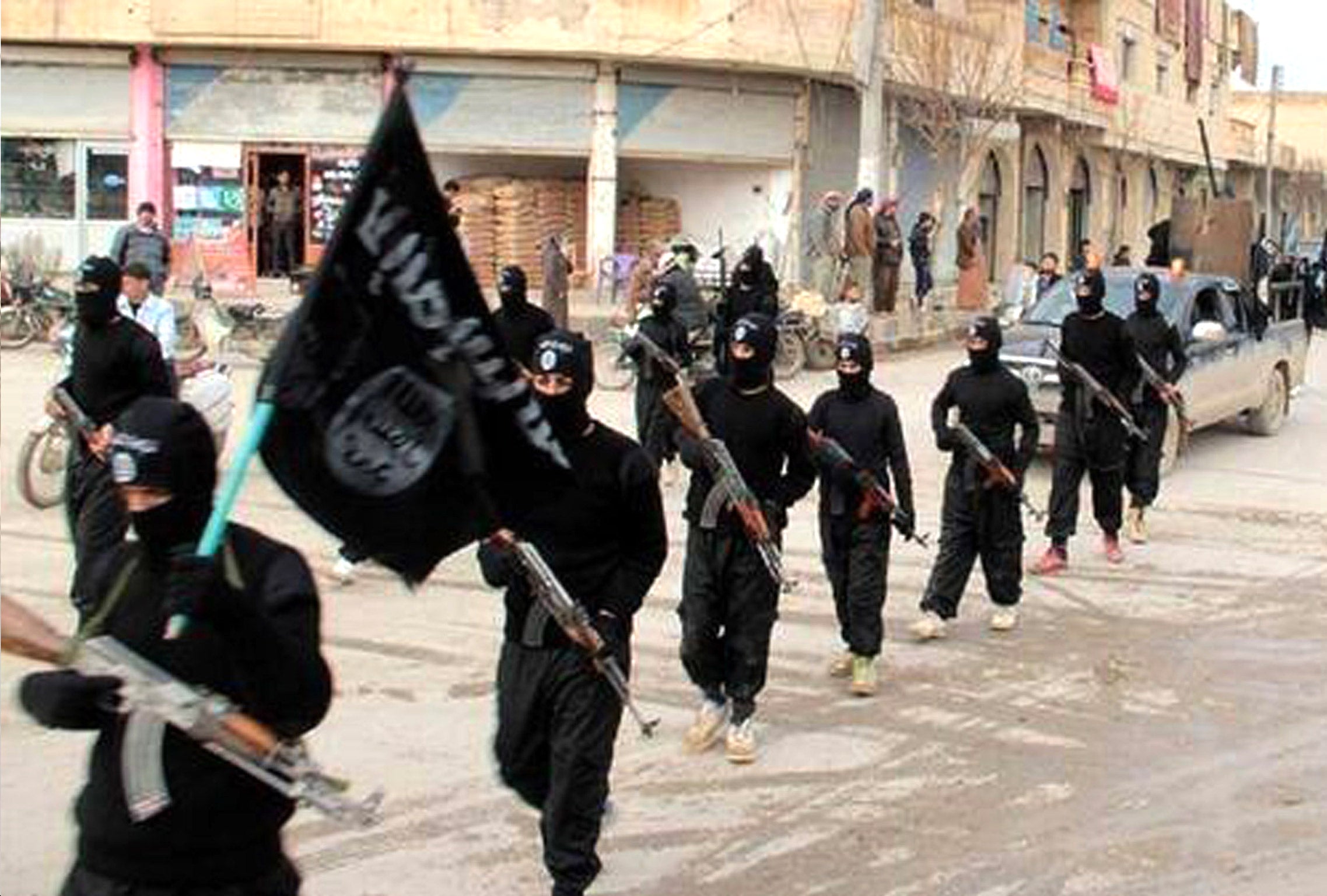War with Isis: 'Go have a drink. Don't pray. It's not Islam. Don't give your life up for nothing,' former militant advises would-be jihadists
Foreign recruits reveal fighters in Syria were rapists, murderers, and quick to turn on their own

Ghaith stands furtively on a street corner in Tunis, his face masked by a hoodie, his tense eyes scanning the crowd for any hint of Isis militants.
He chainsmokes as he describes the indiscriminate killing, the abuse of female recruits, the discomfort of a life where meals were little more than bread and cheese or oil. He recounts the knife held to his throat by fellow fighters who demanded he recite a particular Koranic verse on Islamic warfare to prove himself.
Even if they manage to get out, former fighters are considered terrorists and security risks in their own countries. Thousands are under surveillance or in jail in North Africa and Europe.
“Not everyone who returns is a budding criminal. Not everyone is going to kill – far from it,” said France’s top anti-terror judge, Marc Trevidic. “But it’s probable that there is a small fringe that is capable of just about anything.” The number of French returnees has increased, their enthusiasm dented by the reality of militant life and by the allied bombing campaign.
Ghaith went to Syria for jihad to reap what he believed would be the rewards of Paradise. But he was disturbed to see female recruits forced into sex. “They couldn’t say no or they would be killed,” Ghaith said. Several others described the same. Some cited arguments in the camps over whether such treatment was permissible under Islam.
Another Tunisian recruit, Ali, escaped after he was made a courier in the winter of 2013. He made four trips between Syria and Tunisia in three weeks, taking back news, money and propaganda videos. On the last trip to Tunisia, he simply stayed.
“I feel like I was a terrorist, I was shocked by what I did,” said Ali, dropping his voice and moving away when people approached. His advice for would-be jihadis: “Go have a drink. Don’t pray. It’s not Islam. Don’t give your life up for nothing.” The predicament for governments is to figure out whether a recruit is returning to escape from Isis or to spread its violence.
A French lawyer, Martin Pradel, described the experience of 10 men from Strasbourg who left for Syria last winter to fight on behalf of Syrian civilians. They crossed into territory controlled by militants, who suspected they were spies or enemies and jailed them. The men decided to leave, one by one so as not to draw attention, after two of their number were killed. “They left at night, they ran across fields, they practically crept across the border,” Mr Pradel said.
One of the men, now his client, surrendered to Turkish authorities. He is in jail in France, where the government accuses the Strasbourg men of running a recruiting ring for extremists.
In Tunisia, Ghaith is now, in the main, a free man. But he does not act like one. His neck still bears a scar where his fellow fighters held the knife.
“It’s not a revolution or jihad,” he said. “It’s a slaughter.”
AP